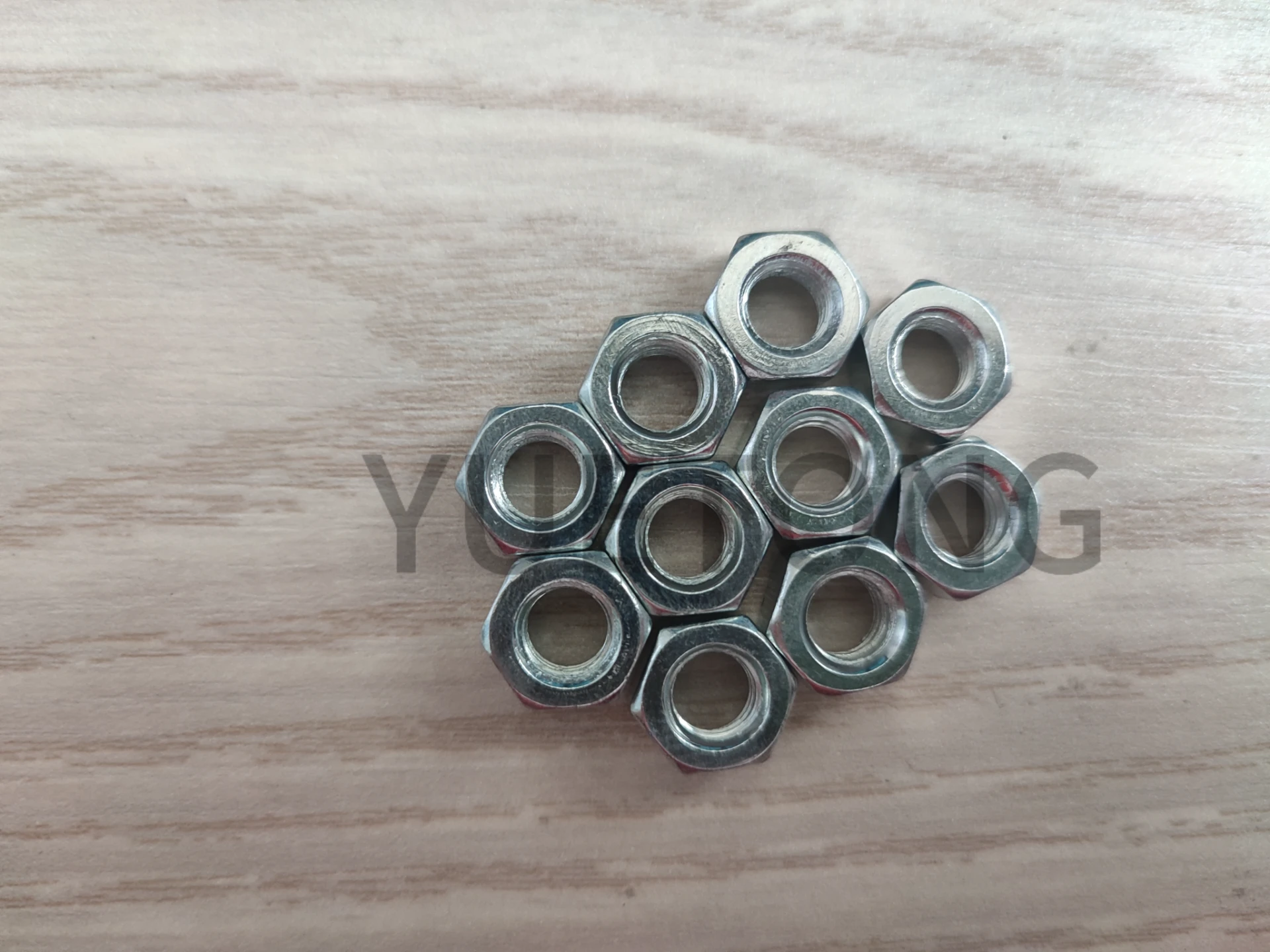Pro . 13, 2024 12:51 Back to list
Standard Dimensions for Plain Washers in Various Applications and Industries
Understanding Plain Washer Standard Dimensions
Plain washers are essential components in various mechanical and structural applications, serving to distribute loads, provide a smooth bearing surface, and help prevent damage to parts being fastened. These simple yet crucial devices come in different sizes and dimensions, which are standardized across industries to ensure compatibility and performance. In this article, we will delve into the standard dimensions of plain washers, their materials, and their applications.
What is a Plain Washer?
A plain washer, also known as a flat washer, is a flat disk typically made of metal, plastic, or other materials with a central hole that allows it to fit over a bolt or screw. They are primarily used to support the load of a fastener and to prevent loosening due to vibration and other forces. The design may seem straightforward; however, the dimensions and specifications of plain washers are vital for their effectiveness in various applications.
Standard Dimensions of Plain Washers
Plain washers come in various sizes, and their dimensions are often governed by international standards such as the ANSI/ASME B18.22.1 and ISO 7089. Key dimensions include
1. Outer Diameter (OD) The outer diameter of a washer is critical as it determines how much surface area the washer covers. Standard sizes can range from small diameters of approximately 8 mm (for M4 screw sizes) to larger sizes exceeding 500 mm for heavy-duty applications.
2. Inner Diameter (ID) The inner diameter corresponds to the size of the bolt or screw that the washer will fit over. Common inner diameters can range from 3 mm for smaller screws to 30 mm or more for larger bolts. The ID must be appropriately sized to ensure a snug fit and effective load distribution.
3. Thickness The thickness of a washer impacts its load-bearing capacity and resistance to deformation under pressure. Standard thicknesses might range from 1 mm to 10 mm, depending on the size and material of the washer.
4. Material Plain washers can be made from various materials, including stainless steel, carbon steel, aluminum, and plastic. The choice of material affects the washer's properties, including strength, corrosion resistance, and thermal conductivity. For instance, stainless steel washers are commonly used in outdoor applications due to their superior corrosion resistance.
plain washer standard dimensions

Applications of Plain Washers
Plain washers are employed in numerous applications across different industries. Here are a few examples
- Construction Toilets, tap fittings, and other fixtures require washers to ensure proper load distribution and to prevent leaks.
- Automotive In automobiles, plain washers are crucial for securing components such as engine parts and suspension systems, where they help manage vibrations.
- Electronics In electronic devices, washers ensure secure connections between components, preventing wear and tear from movement.
- Machinery In industrial machinery, washers help maintain the integrity of fastened parts, contributing to overall mechanical reliability.
Choosing the Right Washer
When selecting plain washers, it is essential to consider various factors, including the size of the bolt or screw, material compatibility with the environment, and load requirements. Using the correct dimensions ensures that the washer performs optimally while providing reliability and safety in the application.
Conclusion
Plain washers may appear simple in design, but their standard dimensions and material specifications play a vital role in a wide range of applications. Understanding the principal dimensions—outer diameter, inner diameter, and thickness—is crucial for selecting the right washer for your needs. By choosing a washer that meets the appropriate standards, you can enhance your projects' structural integrity and ensure long-lasting performance. Whether in construction, automotive, electronics, or machinery, the importance of plain washers cannot be overstated, reaffirming their role as indispensable components in modern engineering.


